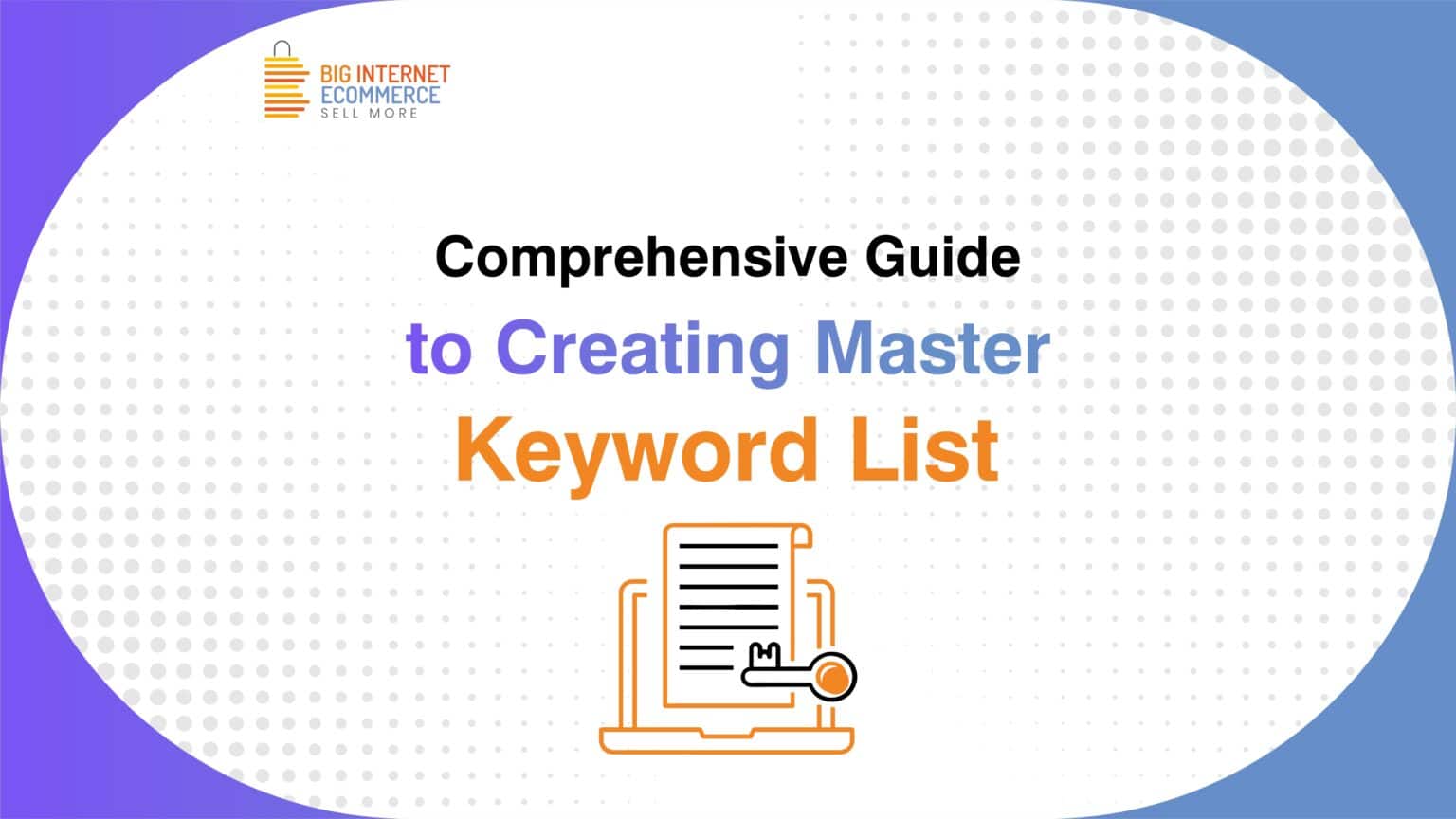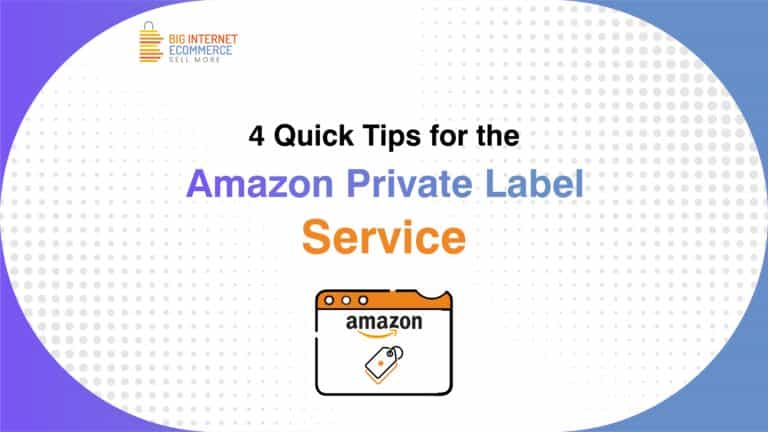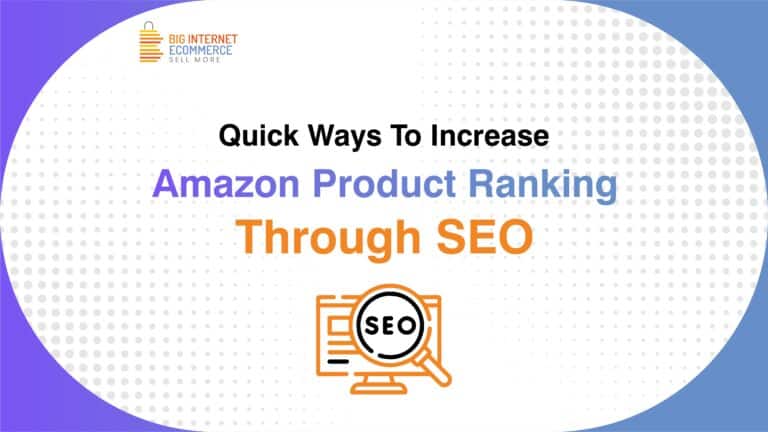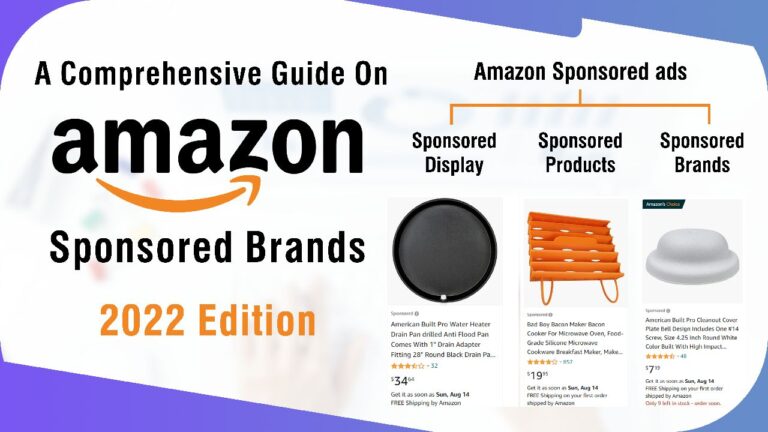The days of categorizing your search are long gone thanks to Amazon’s enormous selection. Nowadays, a large portion of Amazon shoppers use the search bar to do their purchases. They enter search terms that describe the products they are interested in and peruse the possibilities that show up on the first few pages of the search results.
Some clients might be more focused in their searches since they are certain of what they want. Some people keep their search quite broad to generate ideas before focusing their efforts. For brands to generate sales, their products must show up in the search results for relevant terms.
What is the Difference Between Keywords and Search Terms?
The term the buyer enters into the search bar is the search term. The goal of the keyword is to get your listing to appear when a user searches for a particular term. As the seller, you will then bid on the keyword in PPC campaigns.
Different types of keywords that are involved in Amazon keyword research:
- Broad Keywords: Broad keywords are typically the least expensive to bid on and allow your listings to show on a broad basis. If you have placed a bid on a keyword and a user types in a search that includes all of the keyword terms or closely related variations, your listing should appear.
- Phrase Keywords: The keywords in phrases start to get a little more precise. When you place a bid on a phrase keyword, your listing will show up when a buyer searches for that phrase either exactly or with prefixes and/or suffixes.
- Exact Keywords: These matches cost the most to bid on and will help you to rank for the exact term you selected. Only when the search word matches the keyword in your listing, will it be displayed.
- Long-Tail Keywords: When consumers look for a particular item, they often use phrases made up of three or more words as their “keywords.” Compared to single words or shorter sentences, they are more uncommon and less often searched. They then return more specialized results for more focused products, which frequently results in higher conversion rates.
The combination of these terms is what a brand seeks. The most traffic will be generated by competitive but popular keywords. Less traffic but often higher click-through rates will be generated by more precise keywords.
Your success on Amazon can be based on your use of Amazon keywords. Your listing should be optimized with keywords so you can rank. When someone searches for a product similar to yours, the ranking determines where you appear on the page. If your rank is high, you’ll probably show up on the first few pages.
The success of your Amazon listing creation will depend on how well you develop your plan for Amazon keyword research and implementation. By increasing the relevancy of the audience that sees your products, keywords can increase conversion rates.




